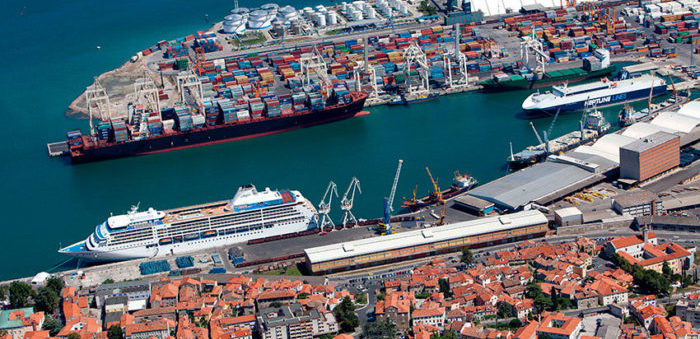FEPORT called for consistency and coordination between different EU policies affecting the private cargo handling industry. Namely, FEPORT members discussed their expectations for the future and commented upon the recent ITF Report on the impact of alliances in container shipping.
The Waterborne sector is at the core of the EU’s economy providing 5.4 million jobs and generating currently €500 billion a year (3.4% of EU GDP). The industries which compose the waterborne sector enable 80% of external EU trade and 40% of internal EU trade.
[smlsubform prepend=”GET THE SAFETY4SEA IN YOUR INBOX!” showname=false emailtxt=”” emailholder=”Enter your email address” showsubmit=true submittxt=”Submit” jsthanks=false thankyou=”Thank you for subscribing to our mailing list”]
As part of the waterborne sector, port terminals are ready to play their role in decreasing GHG emissions, training and acquiring new skills by 220,000 port workers.
However, Port terminals also have certain expectations towards regulators:
- Recognition that all sectors are important and a true reflection of this recognition in the way policy is thought and implemented;
- Elaboration of a holistic policy that breaks the silos and does not discourage industry efforts to innovate and invest in new projects;
- Coordination between Transport, Trade and Competition policies which are all impacting waterborne industries in general and the cargo handling sector in particular.
- Consistency between different policies should guarantee an equality of treatment and a real level playing field.
Regarding the ITF report “impact of Alliances in container shipping”, FEPORT President, Mr Gunther Bonz said that the port industry has produced ‘tremendous efforts to adapt.’ He also added that these efforts are expected only from the port sector, while it should be “a give and take”.
These last twenty years, on one side, regulatory framework has been encouraging consolidation and horizontal cooperation and on the other we, as port stakeholders, have been pushed to compete
Moreover, he noted that the ITF report is reflecting the reality of the current developments in the cargo handling industry. For this reason it is important to have data and good insights into the broader maritime sector.






























































